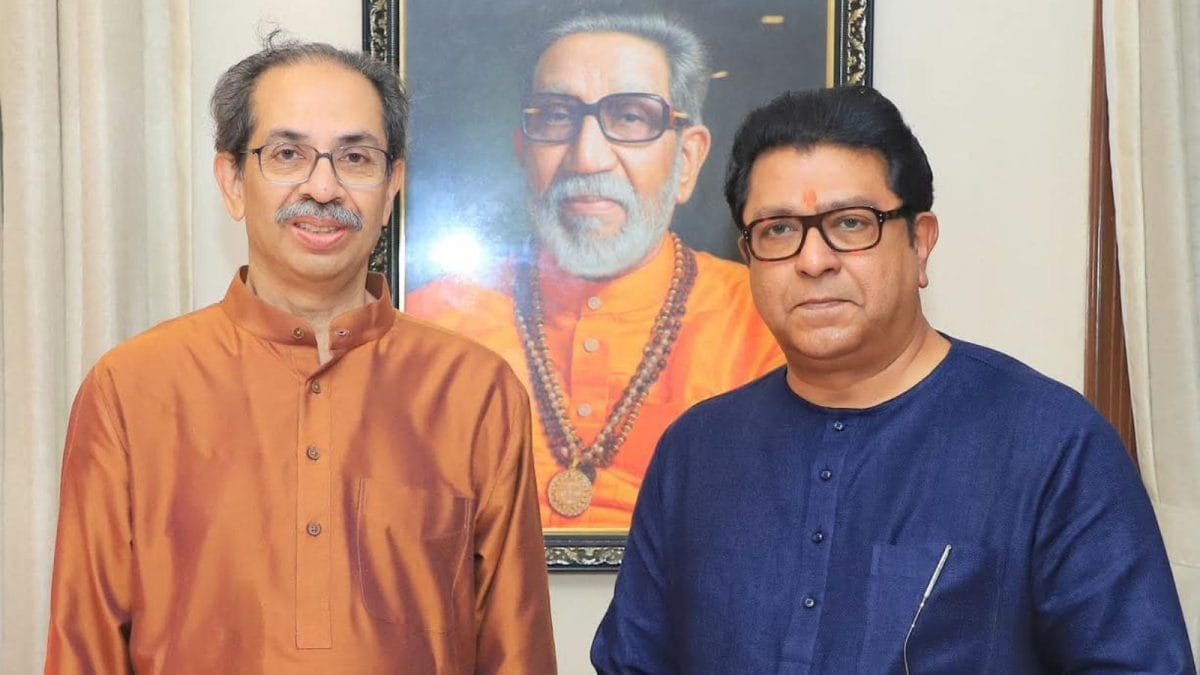Last Updated:
In almost all cases, agencies have learnt that VPN played a key role. When a VPN is combined with layered encryption and proxy servers, it becomes nearly impossible to intercept

The delay in solving such cases is buried under layers of encryption, anonymised IP routes, and uncooperative overseas servers. (Pixabay Image for Representation)
A series of hoax bomb threat emails that started in December last year, targeting schools, high courts and other institutions across India, has turned into a cyber investigation nightmare.
Despite multiple teams working on it, the trail has hit a dead end. According to sources, in a recent cyber-coordination meeting, agencies raised concerns over helplessness in such cases. The delay is buried under layers of encryption, anonymised IP routes, and uncooperative overseas servers.
Recommended Stories
According to central intelligence sources, investigators have traced the latest batch of hoax bomb emails to foreign IP addresses—one from Utica, New York, another from Germany, and two separate hits from the United Kingdom and the United States. But each digital footprint, officials say, “disappears into a fog of system chaining”.
“The sender used a combination of VPN tunneling and proxy layering, rerouting through at multiple countries. It’s a digital labyrinth deliberately designed to collapse if anyone tries to retrace it,” said a senior cyber-forensics officer involved in the probe. So far, nine ‘shadow destinations’ have been traced.
Investigations till now have revealed that between mid-July and late September 2025, several schools in Delhi received a series of threatening e-mails, causing widespread alarm and prompting investigations. The first message was sent on July 16, 2025, from roadkillbenji@tutanota.com, traced to an IP address located in Hanover, Germany. Shortly after, on July 17 and 18, multiple schools received similar threats from leavemeallalone@atomicmail.io, with the IP traced to Saxony, Germany. Another e-mail sent on July 17 from roadkillmentalhospital@atomicmail.io targeted one of the previously affected schools, also originating from the same German server, suggesting a link between the incidents.
In August 2025, the focus of these threats shifted but continued to target Delhi schools. E-mails sent on August 17 and 19 from lolvilebin@gmail.com shared the same IP address ending with 85, though its exact geolocation could not be determined. These repeated attempts pointed to a pattern of sustained harassment directed at the education sector. The tone and timing of the e-mails suggested deliberate intent to disrupt normal school operations and induce fear among staff, students, and parents.
By late August and through September 2025, the threats grew more complex. New sender addresses such as terrorizing111@gmail.com, terrorizers111t@gmail.com, and evilterrorizer@gmail.com were used, employing multiple VPN-based IPs from regions, including UK, Netherlands, USA, Italy, and Morocco. The frequent use of anonymising tools and international IPs indicates a calculated effort to conceal the sender’s identity and hinder tracing efforts. The recurring nature, evolving tactics, and coordinated pattern of these e-mails highlight a sustained campaign of cyber intimidation targeting schools across Delhi.
Since January 2025, similar hoax threats have targeted schools and courts in Delhi, Mumbai, Gujarat, Karnataka, and Tamil Nadu. In every case, the emails followed a pattern: anonymised sender IDs, encrypted routes, and references to mental distress or random phrases meant to evoke panic.
Despite repeated false alarms, the cyber trails remain elusive—a reminder that while the threats may be fake, the fear they cause is all too real.
VPN: The Dead End
In almost all the cases across India, agencies have learnt that VPN played a key role. When a VPN is combined with layered encryption and proxy servers, it becomes nearly impossible to intercept in real time.
“Each data packet leaving the sender’s device is encrypted multiple times, a process similar to nesting locked boxes inside one another. These packets are then sent through a chain of VPN servers located in different countries, a process known as system chaining. At each server, only one ‘layer’ of encryption is peeled off, revealing the next destination, but not the original sender,” an official who attended the meeting explained to News18.
The official added that even if one VPN server is compromised, investigators see only the previous node, not the source IP.
The Foreign Server Challenge
In the meeting, state law enforcement agencies also identified that some of the emails were routed through non-cooperative overseas firms hosting encrypted mail domains. These companies, based in privacy-protective countries, often refuse to share server logs citing data protection laws.
About the Author

With over 15 years of journalistic experience, Ankur Sharma, Associate Editor, specializes in internal security and is tasked with providing comprehensive coverage from the Ministry of Home Affairs, paramilitar…Read More
With over 15 years of journalistic experience, Ankur Sharma, Associate Editor, specializes in internal security and is tasked with providing comprehensive coverage from the Ministry of Home Affairs, paramilitar… Read More
October 06, 2025, 10:57 IST
Loading comments…
Read More



